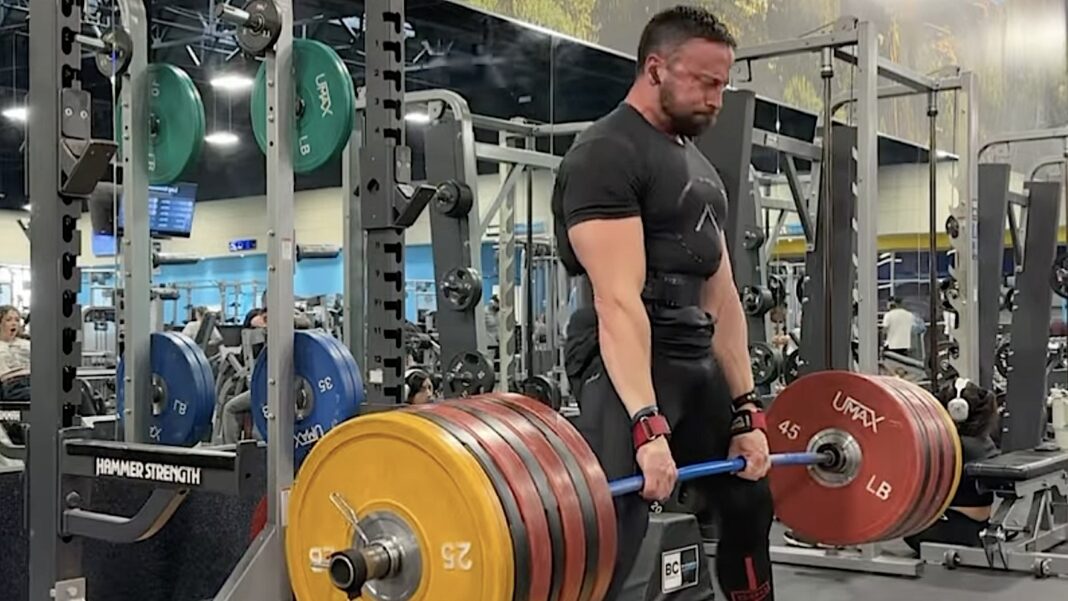The Benefits of Autophagy
The benefits of autophagy are primarily driven by calorie restriction rather than fasting alone.
Autophagy is the body’s natural process of self-regulation: damaged cells are removed, and their components are recycled to repair other cells. Think of it as the body’s way of hitting the reset button, clearing out toxins, and restoring optimal function.
Fasting is often cited as a powerful way to trigger autophagy. (1) However, debates persist over whether it’s the most effective method and how it activates this process. The conversation about whether the average person should be concerned about autophagy is ongoing.
2021 Research
The 2021 study Dr. Layne Norton explored compares the effects of alternate-day fasting, traditional calorie restriction, and unrestricted eating. Key metrics analyzed included fat loss, lean muscle mass, and autophagy. Although the study lasted only three weeks, Dr. Norton asserts that this timeframe was sufficient to observe meaningful differences in the measured outcomes.
Does Fasting Aid Autophagy More Than Calorie Restrictions?
This study sought to investigate whether fasting uniquely influenced any of these markers. Below is what the researchers found:
- Across the board, there were no differences between the groups doing energy restriction.
- The energy-restricted group lost significantly more fat mass than the alternate-day fasting group.
- The energy-restricted group significantly reduced fat mass index from normal calorie restriction than the alternate-day fasting group.
- The energy-restricted group experienced more body fat loss than the alternate-day fasting group.
- When the percentage of weight lost as fat mass versus lean body mass was examined in the daily calorie-restricted group, over 90% of the weight they lost was from body fat.
- In the alternate-day fasting group, half of the weight they lost was from fat mass, and half was from lean muscle mass.
- Visceral fat, bone mineral content, and bone mineral density had no difference.
- The non-energy-restricted alternate fasting group didn’t have a reduction in fat mass and fat mass index.
- The non-energy-restricted alternate fasting group also didn’t have a reduction in significant body weight and body fat percentage.
Fasting alone offers no unique benefits unless paired with calorie restriction. Notably, researchers observed a significant drop in energy expenditure within the alternate-day fasting group under calorie-restricted conditions compared to the standard calorie-restricted group. This decline was attributed to reduced spontaneous physical activity.
Results for Autophagy
This study found no differences in autophagy markers between participants following a calorie-restricted diet and those practicing alternate-day fasting.
More in Research
References
- Alirezaei, M., Kemball, C. C., Flynn, C. T., Wood, M. R., Whitton, J. L., & Kiosses, W. B. (2010). Short-term fasting induces profound neuronal autophagy. Autophagy, 6(6), 702–710. https://doi.org/10.4161/auto.6.6.12376
- Templeman, I., Smith, H. A., Chowdhury, E., Chen, Y. C., Carroll, H., Johnson-Bonson, D., Hengist, A., Smith, R., Creighton, J., Clayton, D., Varley, I., Karagounis, L. G., Wilhelmsen, A., Tsintzas, K., Reeves, S., Walhin, J. P., Gonzalez, J. T., Thompson, D., & Betts, J. A. (2021). A randomized controlled trial to isolate the effects of fasting and energy restriction on weight loss and metabolic health in lean adults. Science translational medicine, 13(598), eabd8034. https://doi.org/10.1126/scitranslmed.abd8034




